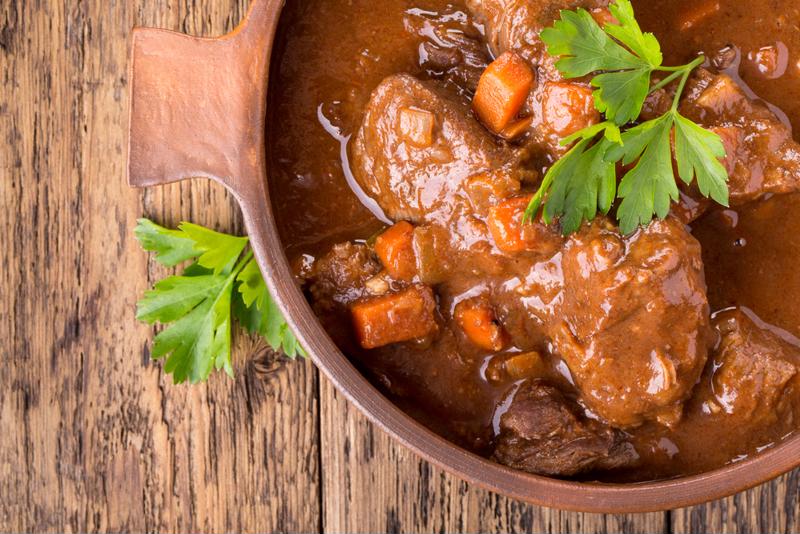Earning a culinary arts certificate online and pursuing a career in professional cooking require a serious investment of time and effort. In addition, the costs of kitchen equipment and fresh ingredients can quickly add up. That’s why it’s important to find ways to cut expenses without compromising the quality of your dishes.
Chefs learn many techniques for maximizing efficiency and saving money from their experiences in culinary courses and on the job. Here are are five tips for making great food without burning through cash:
1. Plan ahead
First and foremost, chefs must know what ingredients and equipment they will need and budget accordingly. It’s essential to keep a careful inventory and know what dishes you plan to prepare in the weeks ahead. This way you can take advantage of deals, avoid buying items you won’t use and space out your pricier purchases.
Considering what’s ahead also allows you to purchase ingredients in bulk. Cooks.com pointed out that potatoes, butter, onions, flour, eggs and rice are among the items chefs can buy in large quantities and keep in storage or frozen. You’ll have these commonly used ingredients on hand when you need them and save in the long run.
2. Stick to seasonal produce
There are plenty of reasons to use fruits and vegetables when they’re in season. This produce likely has better taste and texture, and it can add identity to your dishes. In addition, your ingredients are much cheaper when there’s a plentiful supply, especially if you can pick up fresh, delicious options from local growers.
 A pot roast is a great way to prepare cheaper cuts of meat.
A pot roast is a great way to prepare cheaper cuts of meat.3. Select cheaper cuts of meat
Meat can get very expensive, especially if you routinely opt for premium cuts. When possible, pick more cost-effective alternatives. Pennsylvania-based chef Pippa Calland told Money the key is using more forgiving cooking methods that allow even lower-quality meat to grow tender, like braising, pot roasts or stir fries.
4. Grind your own spices
Buying a bottle of ground spice costs more and they spoil faster. Instead, purchase a variety of whole spices and prepare them yourself using a coffee grinder. It’s easy, saves you money and will yield tasty results.
5. Prevent food waste
Tossing unused food in the trash is throwing money away. Keep tight control over portions and find another use for any extra ingredients whenever possible. Maintaining your knives is another way to cut down on wasted food: When the blade is sharp, you can trim fat from meat more precisely.
Students in culinary academy can find ways to cut costs in the kitchen without cutting any corners. With careful planning and the right ingredients, fantastic dishes don’t have to be expensive.




